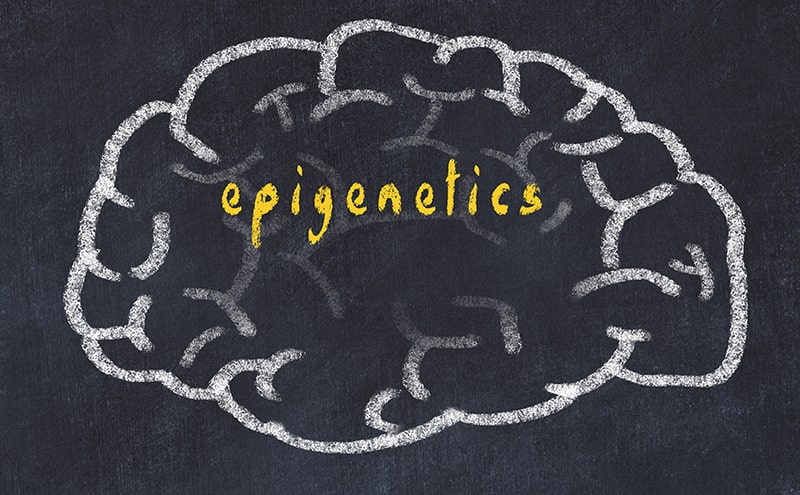Epigenetics is a field of study that explores how environmental and lifestyle factors can affect gene expression and contribute to changes in our health. Unlike our DNA, which remains constant throughout our lifetime, the expression of our genes can be modified by various factors such as diet, stress, and exposure to toxins.
The primary mechanism by which this occurs is through the addition or removal of chemical marks on our DNA, which influences how genes are read and regulated. This process is referred to as “epigenetic modification.”
By understanding the ways in which our lifestyle choices can impact gene expression, researchers are working to develop new approaches to prevent and treat a wide range of health conditions.
Here are just a few examples of how the science of epigenetics is being used to improve health:
- Cancer Treatment: Epigenetic changes have been linked to the development of cancer, and researchers are working to harness this information to develop new treatments. For example, drugs that target the enzymes responsible for adding and removing epigenetic marks on DNA have shown promise in treating certain types of cancer.
- Nutrition and Lifestyle: By understanding how diet and other lifestyle factors can impact gene expression, we can make choices that help maintain a healthy balance of epigenetic marks. For example, eating a diet rich in nutrients like folate and B vitamins has been shown to support healthy epigenetic regulation.
- Environmental Toxins: Exposure to environmental toxins such as pollution, pesticides, and heavy metals has been linked to changes in gene expression that can lead to a range of health problems. By understanding the ways in which these toxins can impact epigenetic regulation, we can work to reduce our exposure and minimize their harmful effects.
By exploring the ways in which our environment and lifestyle choices impact gene expression, we can make informed choices to improve our health and prevent a wide range of health conditions.


